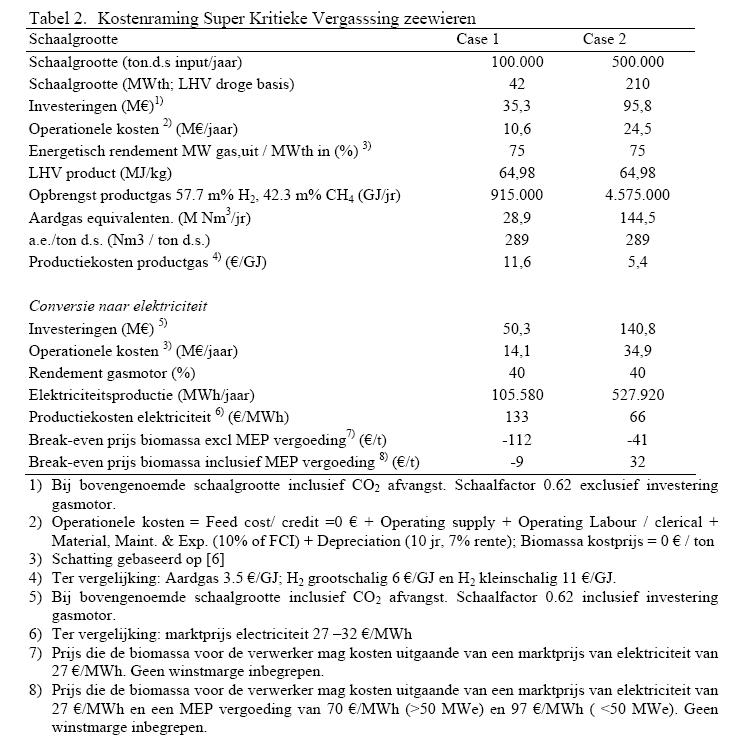Robo(eco)nomy is the future economy in which machines (robots) produce everything using renewables (eco) and we humans will be left to choose what it is we want in a clean and prosperous world. That is if we find a solution to the pollution and runaway climate change and if we stop listening to the maniacs that want us to work, that use ‘jobs’ as a carrot in elections, because ‘jobs’ don’t mean usefull work, it means money to consume. Roboeconomics maintains that machines already do most of the important work, driving people into unemployment, and because banks (through the principles of the carbon/credit system) feed these machines carbon fuels without anyone being able to stop them the result is that people compete with machines for work.
Simply said our carbon/credit based economy prefers to give the carbon to the productive
machine instead of the unproductive people, and because it is a zero sum game this means that people will starve
Erik Brynjolfsson and Andrew P. McAfee reached a similar conclusion, and have written a book about it.
"Faster, cheaper computers and increasingly clever software, the authors say, are giving machines capabilities that were once thought to
be distinctively human, like understanding speech, translating from one language to another and recognizing patterns. So automation is
rapidly moving beyond factories to jobs in call centers, marketing and sales — parts of the services sector, which provides most jobs in the economy."
So these two economist seem to attribute the problem to the increased capacities of robots. That is not the source of the problem, the problem is limited energy to drive those robots, because if there was no energy scarcity the products could be given to the people that lost their jobs. This is the core of the argument for renewables in robo(eco)nomics. Make energy free and abundant, and automation of production is no longer a problem, because there is still plenty of energy to keep the ‘jobless’ people alive. The reserachers conclude:
“the key to winning the race is not to compete against machines but to competewith machines.”
The key concept of comptition is kept in the picture, but that is the fundamental mistake. People only need to compete if resources are scarse, they don’t have to be if we use renewables. This is not to say renewables will create equality, but there is a big difference between having poor people starve and having them live a rather poor life. Stuff and property will always be devided according to the agressiveness and merit of people in society. What needs to be altered is the belief competition is good and necessary. People are not going to compete ‘with machines’ they are going to use them to relieve them of shitty jobs and to help them create products that add quality of life.
If renewable power development becomes unrestrained the competition for energy and thus for resources will dissapear



